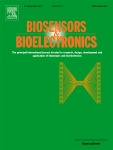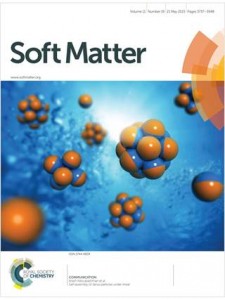Microchimica Acta has retracted a paper about water-soluble quantum dots after the authors couldn’t provide back-up for a figure that contained signs of manipulation. The reason, the editor told us: The corresponding author said the raw data were lost in a flood in Sri Lanka.
The journal asked the authors for the data after an investigation suggested that the paper included copied pictures of the same nanoparticle. The paper is one of four by the pair of co-authors flagged on PubPeer for potential image duplication.
Here’s the retraction note for “CdS/ZnS core-shell quantum dots capped with mercaptoacetic acid as fluorescent probes for Hg(II) ions:”
Continue reading Concerns about image manipulation? Sorry, the data were lost in a flood


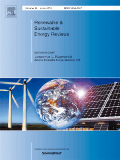
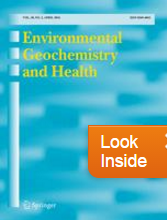

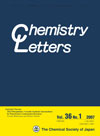
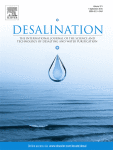
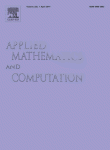 A paper on a hybrid algorithm turned out to be a hybrid itself — some original data, plus some from a paper that the authors had published earlier.
A paper on a hybrid algorithm turned out to be a hybrid itself — some original data, plus some from a paper that the authors had published earlier.